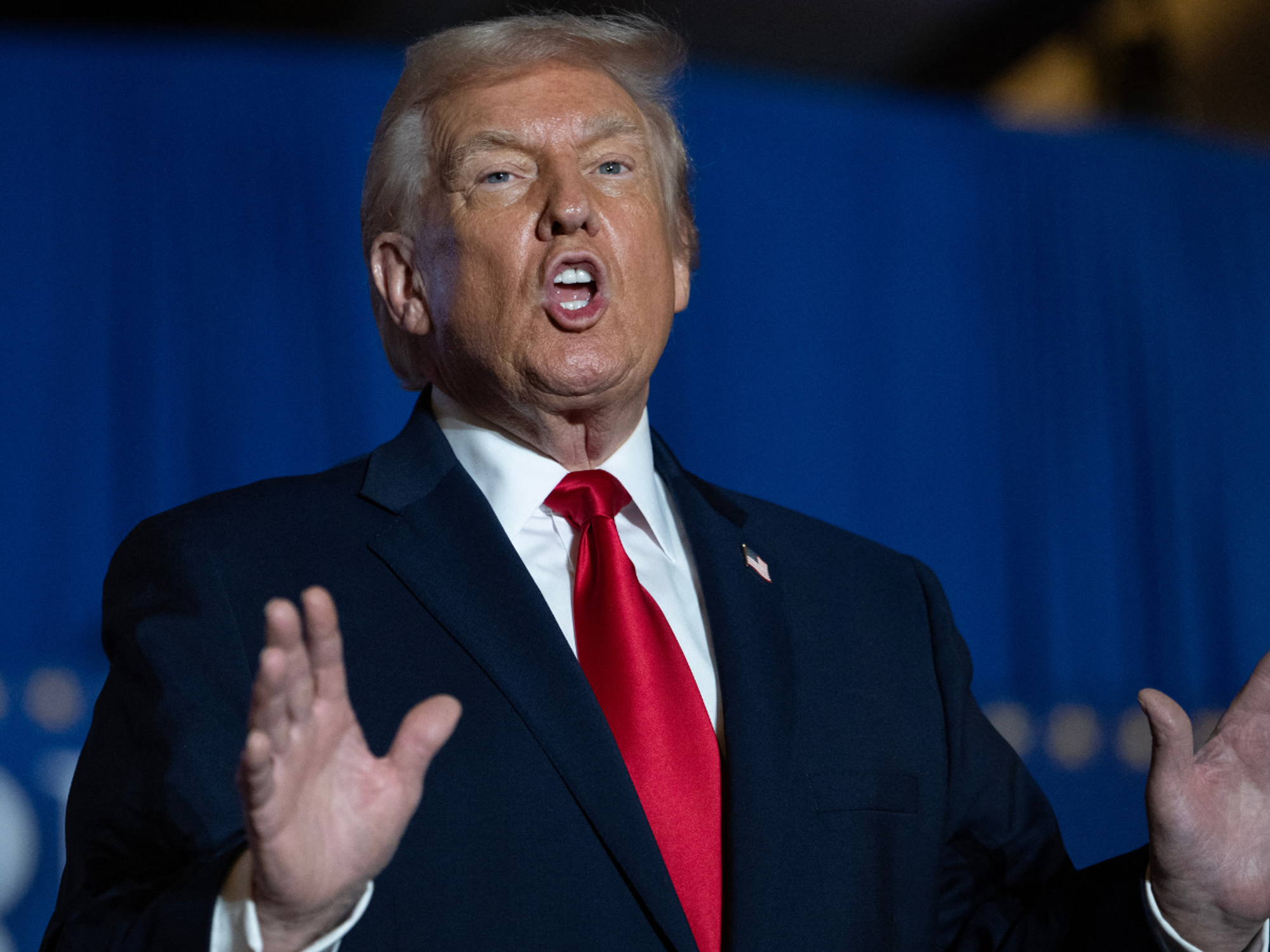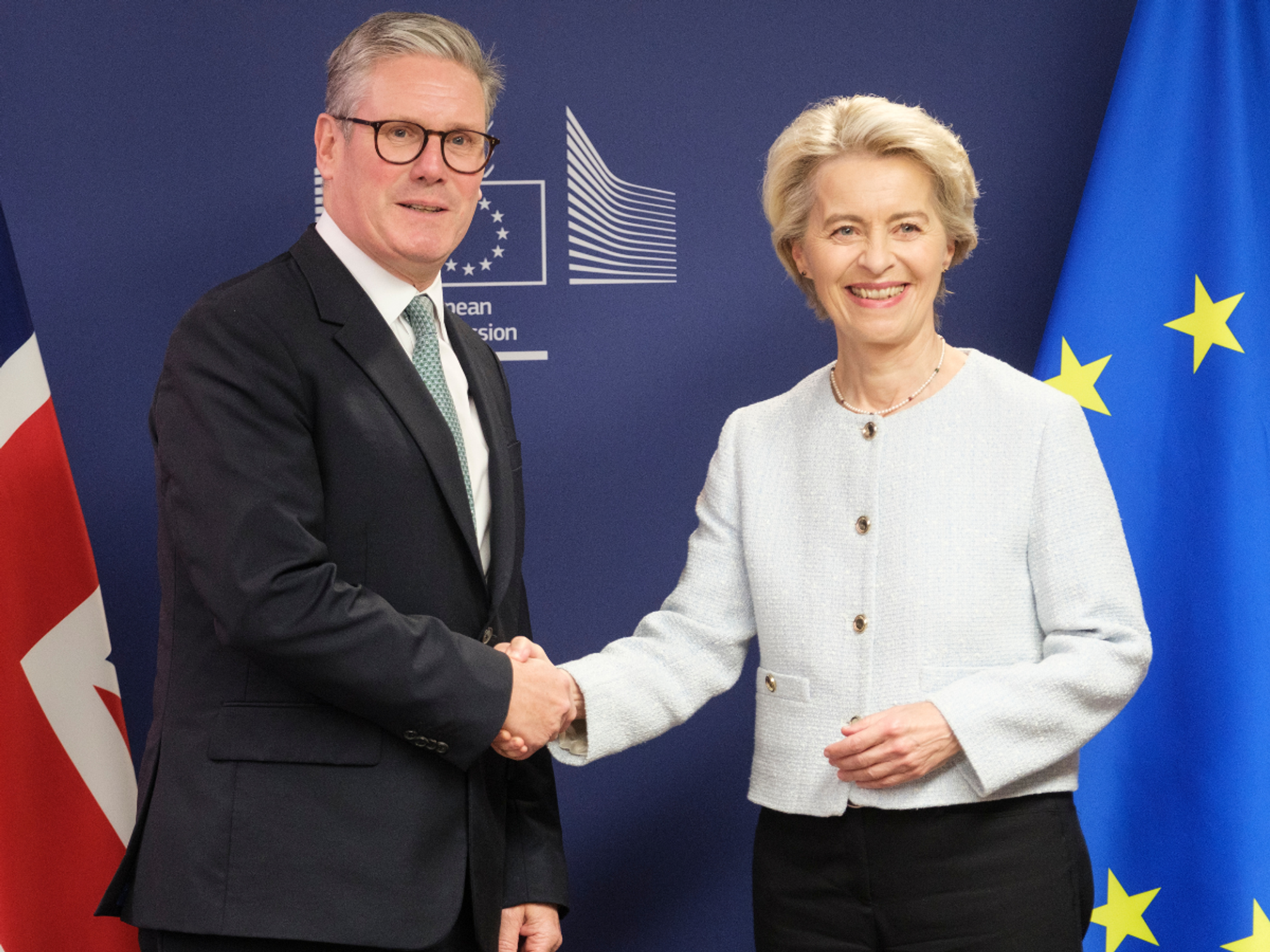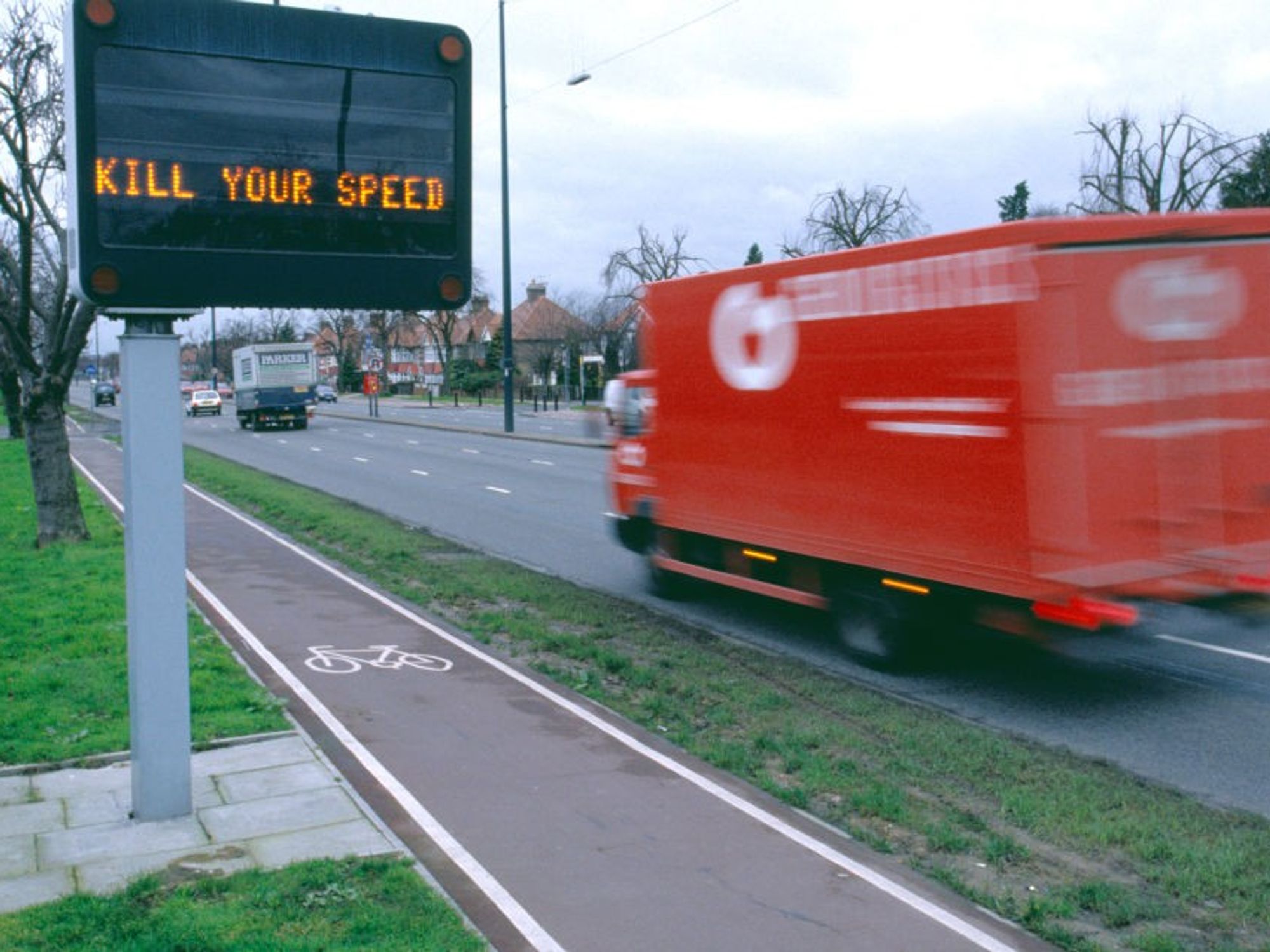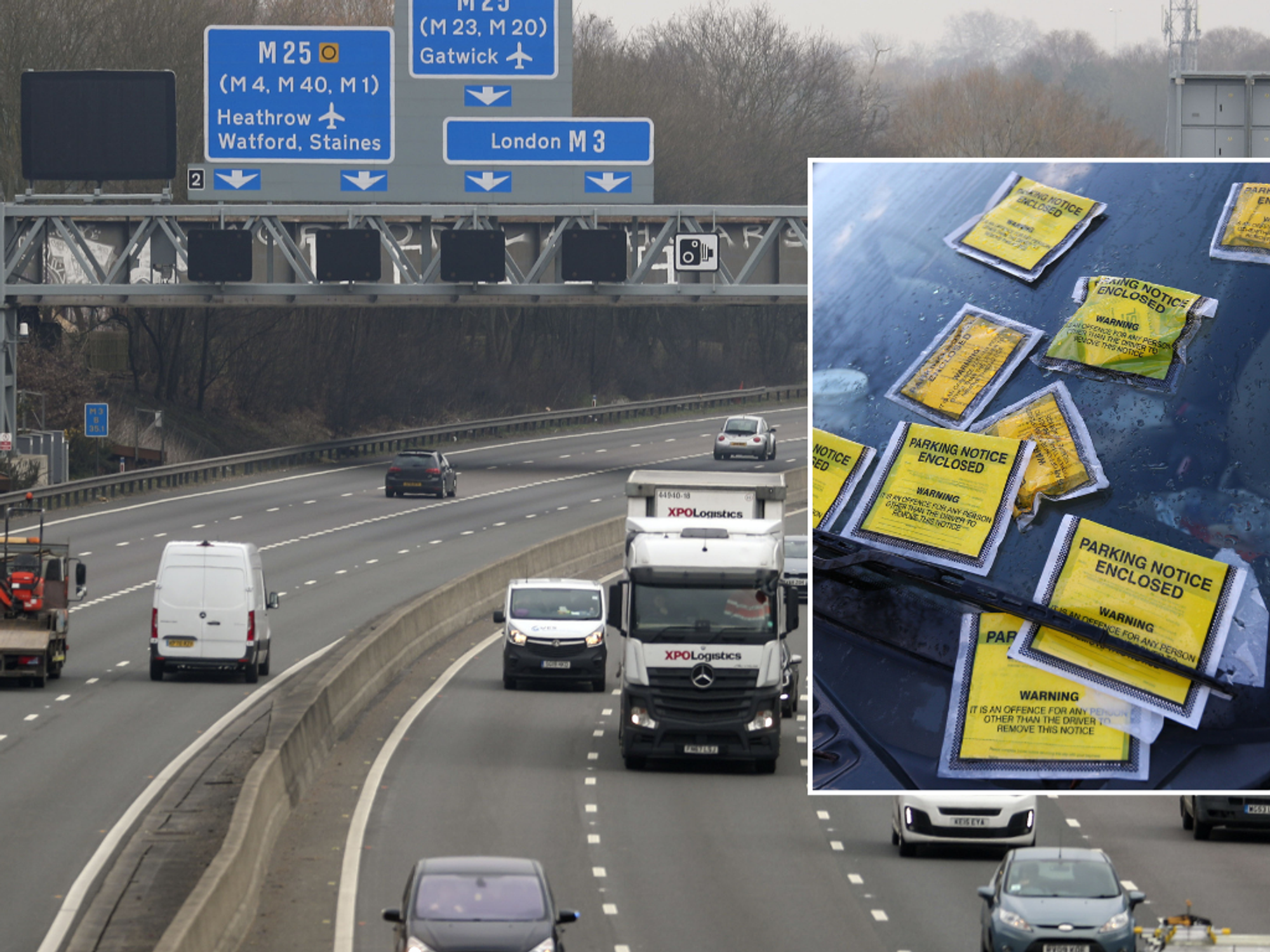Sajid Javid cuts Covid self-isolation period to five full days in England from Monday

The Health Secretary said data shows 'around two-thirds of positive cases are no longer infectious by the end of day five'
Don't Miss
Most Read
The amount of time people with Covid-19 in England have to spend in self-isolation is to be cut to five full days, the Health Secretary has said.
Sajid Javid told MPs in the House of Commons that UK Health Security Agency (UKHSA) data showed “that around two-thirds of positive cases are no longer infectious by the end of day five”.
He added: “After reviewing all of the evidence, we’ve made the decision to reduce the minimum self-isolation period to five full days in England.
“From Monday, people can test twice before they go – leaving isolation at the start of day six.
“These two tests are critical to these balanced and proportionate plans, and I’d urge everyone to take advantage of the capacity we have built up in tests so we can restore the freedoms to this country while we’re keeping everyone safe.”
Under the move, people will be able to take tests on day five and six but, if positive, must stay in isolation until they have had negative tests on two consecutive days.
Mr Javid told MPs Covid is “still with us and there are still likely to be difficult weeks ahead”, but pointed to encouraging signs that infections are falling in London and the East of England, although they are rising in other parts of the country.
The Government has been under pressure to bring the situation in England into line with the United States, where the isolation period has been cut to five days.
The previous UK Health Security Agency guidance was for cases to isolate for at least six full days from the point at which they had symptoms or got a positive test, whichever is first, with release from self-isolation after two negative lateral flow test results on days six and seven.
People could then leave self-isolation on day seven.
The move to cut the isolation period is likely to be welcomed by Tories who called for the change and could help ease pressure on the embattled Prime Minister.
It will also help address staff shortages across the economy and public services by allowing people to return to work earlier.
Matthew Taylor, chief executive of the NHS Confederation, said: “This is a pragmatic move which leaders will welcome if it can mean more health and care workers who are well enough can return to the frontline, providing it does not significantly add to the risk of the virus spreading.
“The number of people in hospital is still high, with admissions still rising in the North of England and, alongside that, the NHS faces a huge care backlog and significant vacancies.
“Leaders are grateful for the military support that has been made available to help deliver hospital services, as well as the three-month agreement with the independent sector, but we are certainly not out of the woods yet.”
The health service has been under intense pressure because of high Covid rates, leading to both hospital admissions and staff absences increasing.
Some 40,031 NHS staff at hospital trusts in England were absent for Covid-19 reasons on January 9, up two percent on the previous week (39,142) – and more than three times the number at the start of December.
But the NHS England data shows hospital staff absences due to Covid have dropped every day since reaching a peak of 49,941 on January 5.
The total includes staff who were ill with coronavirus or who were having to self-isolate.











